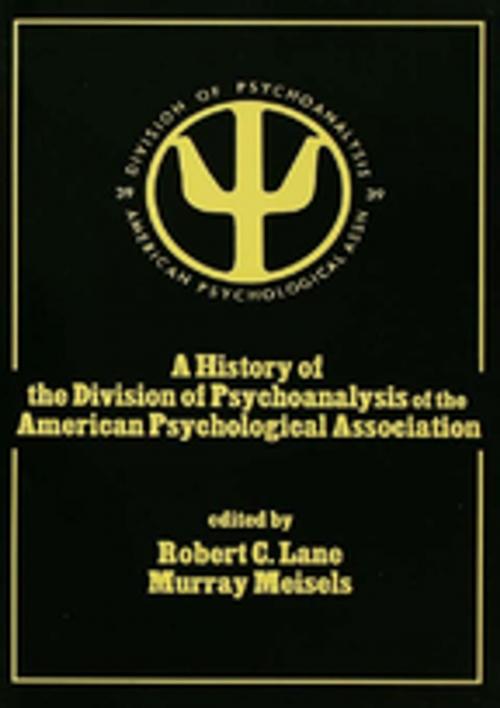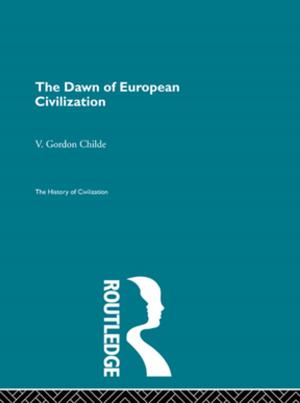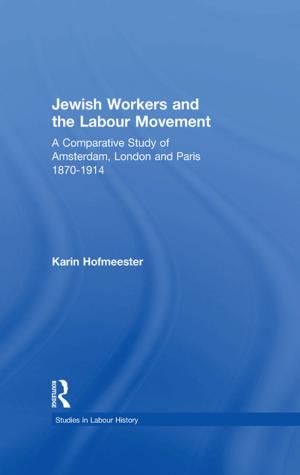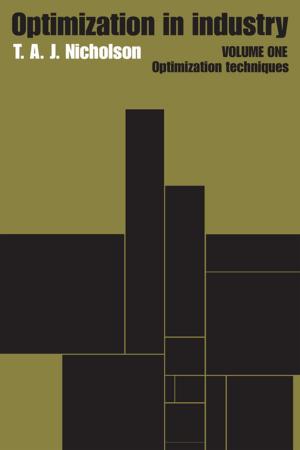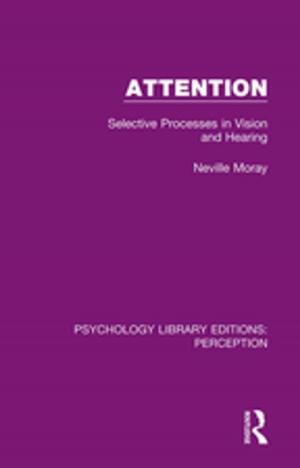A History of the Division of Psychoanalysis of the American Psychological Associat
Nonfiction, Health & Well Being, Psychology, Clinical Psychology, Mental Health| Author: | ISBN: | 9781134994847 | |
| Publisher: | Taylor and Francis | Publication: | February 1, 2013 |
| Imprint: | Routledge | Language: | English |
| Author: | |
| ISBN: | 9781134994847 |
| Publisher: | Taylor and Francis |
| Publication: | February 1, 2013 |
| Imprint: | Routledge |
| Language: | English |
In 1909, G. Stanley Hall, the founder of the American Psychological Association, invited Sigmund Freud, Sandor Ferenczi, Carl Jung, and Ernest Jones to Clark University to present their understanding of psychoanalysis. Although their presentations were enthusiastically received by many, the discrepancy with what was then considered the mainline American psychological thought was too great and the two fields remained separate.
The formation of the Division of Psychoanalysis in 1979 -- seventy years later -- had as a major goal a rapprochement between psychoanalysis and psychology. Analytically trained psychologists and those seeking training have responded with enthusiasm to the formation of the Division, which now numbers 3,500 members in thirteen short years.
This volume records the history of the Division and the seminal contributions of its founding members. It describes the dynamic tensions that have existed over the years between differing clinical and theoretical concepts of psychoanalysis leading to creative dialogue.
In 1909, G. Stanley Hall, the founder of the American Psychological Association, invited Sigmund Freud, Sandor Ferenczi, Carl Jung, and Ernest Jones to Clark University to present their understanding of psychoanalysis. Although their presentations were enthusiastically received by many, the discrepancy with what was then considered the mainline American psychological thought was too great and the two fields remained separate.
The formation of the Division of Psychoanalysis in 1979 -- seventy years later -- had as a major goal a rapprochement between psychoanalysis and psychology. Analytically trained psychologists and those seeking training have responded with enthusiasm to the formation of the Division, which now numbers 3,500 members in thirteen short years.
This volume records the history of the Division and the seminal contributions of its founding members. It describes the dynamic tensions that have existed over the years between differing clinical and theoretical concepts of psychoanalysis leading to creative dialogue.
